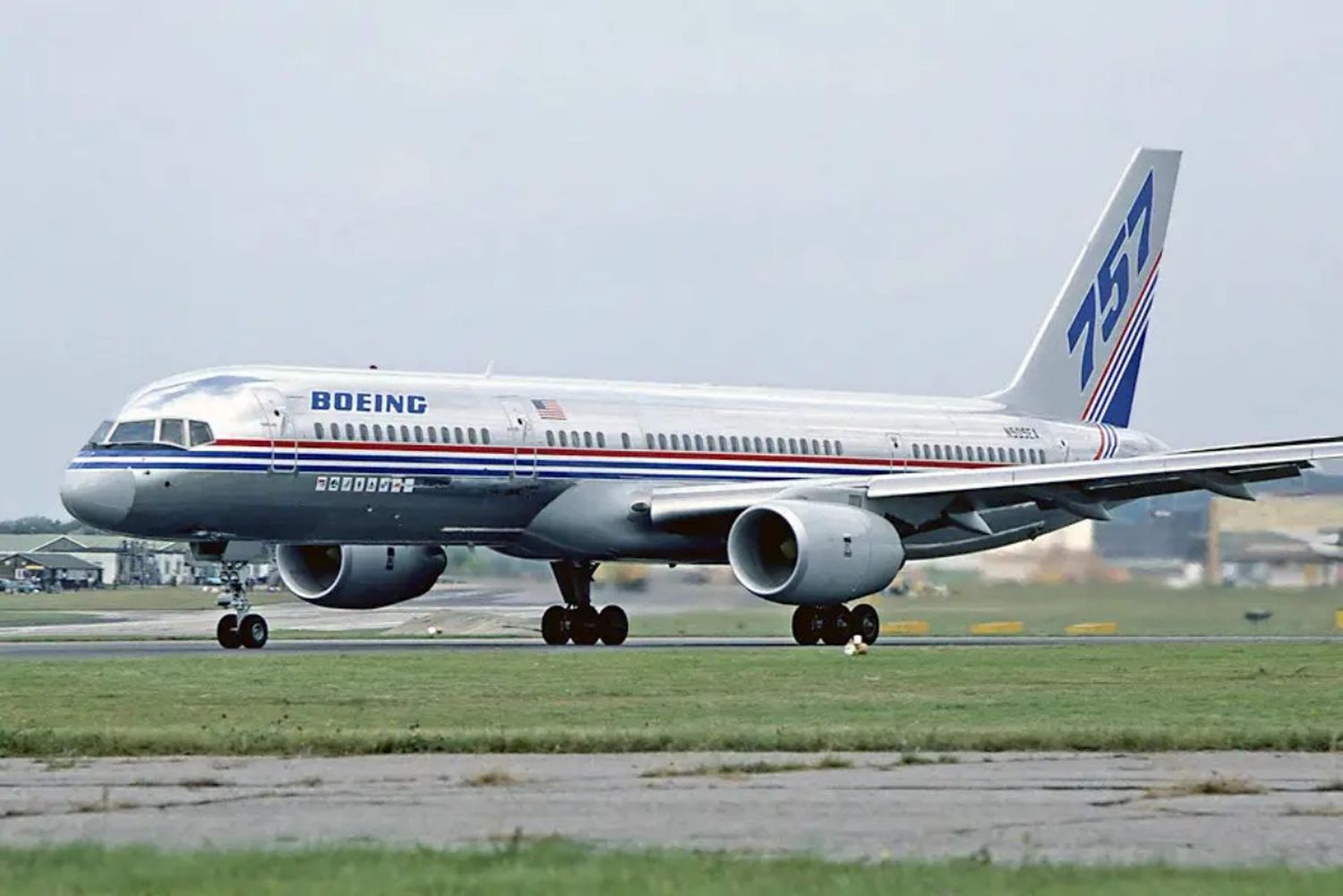FAA Mandates Repairs for Boeing 757 PTU Valve Failures: Cost and Details
The FAA has issued a new Airworthiness Directive affecting Boeing 757 models due to failures in the power transfer unit control valve, which could delay landing gear retraction after takeoff. The directive impacts 467 U.S.-registered aircraft and outlines required modifications, with an estimated compliance cost exceeding $3.3 million. Operators must comply by February 14, 2025, or seek approved alternative methods
The United States Department of Transportation, through the Federal Aviation Administration (FAA), has issued a new Airworthiness Directive (AD) addressing specific Boeing 757 models.
This measure comes in response to several reports of failures in the power transfer unit (PTU) control valve. These failures prevent the valve from opening as commanded, potentially delaying the retraction of the landing gear after takeoff. According to the FAA, this condition increases drag, affects the climb gradient, and compromises the aircraft's ability to clear obstacles during takeoff.
The directive applies to the Boeing 757-200, -200PF, -200CB, and -300 series, certified in any operational category. Operators are required to install new relays and modify specific wiring harnesses connected to the PTU control valve. The timeline for compliance is outlined in the Boeing Alert Requirements Bulletin 757–29A0071 RB.
Estimated Costs
The FAA estimates that 467 U.S.-registered aircraft are affected by this directive. The average cost per aircraft is calculated at USD 7,085, which includes USD 3,825 for labor and USD 3,260 for parts. This amounts to a total estimated cost of USD 3,308,695 for all affected U.S. operators.
Industry Feedback and Compliance
The FAA considered feedback from various organizations, including Boeing, Delta Air Lines, United Airlines, and UPS Airlines. Boeing requested adjustments to the description of the unsafe condition, some of which were accepted. Delta proposed greater flexibility in connector positioning and the use of alternative materials, which was incorporated into the directive. UPS Airlines requested an extension of the compliance deadline due to parts availability issues, but this request was denied.
The directive will take effect on February 14, 2025. Operators may submit requests for alternative methods of compliance (AMOCs), subject to FAA approval.


Comentarios
Para comentar, debés estar registrado
Por favor, iniciá sesión